A deeper dive
Comp plans aside, there’s a huge overlap between sales and stand-up comedy.
“Comedy Writing for Revenue Teams” shares the skills, processes, and methods stand-up comedians use to connect with their audiences…
…so your team can better connect with yours.
Our goal isn’t to “get funny”.
I use the humor-crafting process as a mechanism to help sellers and marketers better understand your prospects and articulate why they should give you their attention and time.
That said, should anyone get funnier – hold me responsible.
Go deeper:
Why is the process valuable?
Stand-ups who generate laughs are empathizing with their audience’s struggles & anxieties. Comedy is built on truth and pain.
Laughter is an emotional reaction to a comedian’s observations or point-of-view – and appealing to buyer emotions is essential.
Whether or not they can make prospects laugh, go-to-market professionals need to master the same skill, which requires them to develop a deeper understanding of:
- Your target persona/avatar
- How they’re impacted by those problems
- How those problems impact which emotions
- How to create memorable messaging that shows empathy around each of the above.
Sellers and marketers need to highlight problems they solve to elicit emotional reactions from prospects.
The process of crafting hyper-relevant humor designed to elicit emotional reactions from reverse-engineers a deeper understanding of your target persona and how they’re impacted by the problems you solve for them.
By undertaking the process stand-up comedians use to connect with audiences, your team will be able to start more and have stronger conversations with your prospects.


Why are the outputs valuable?
Whether it’s over a cold call, at a trade show/conference, over an email, or a countless other channels…
…we have mere seconds to:
- Hook prospects’ attention
- Say something of relevance
- Elicit an emotional reaction – and a response
If crafted well, hyper-relevant humor:
- Earns attention
- Helps you stand out
- Builds trust and credibility
- Provokes a meaningful conversation
Scroll down to understand what goes into crafting hyper-relevant humor designed to provoke meaningful conversations:
What ingredients are needed to elicit emotional reactions from your buyers?
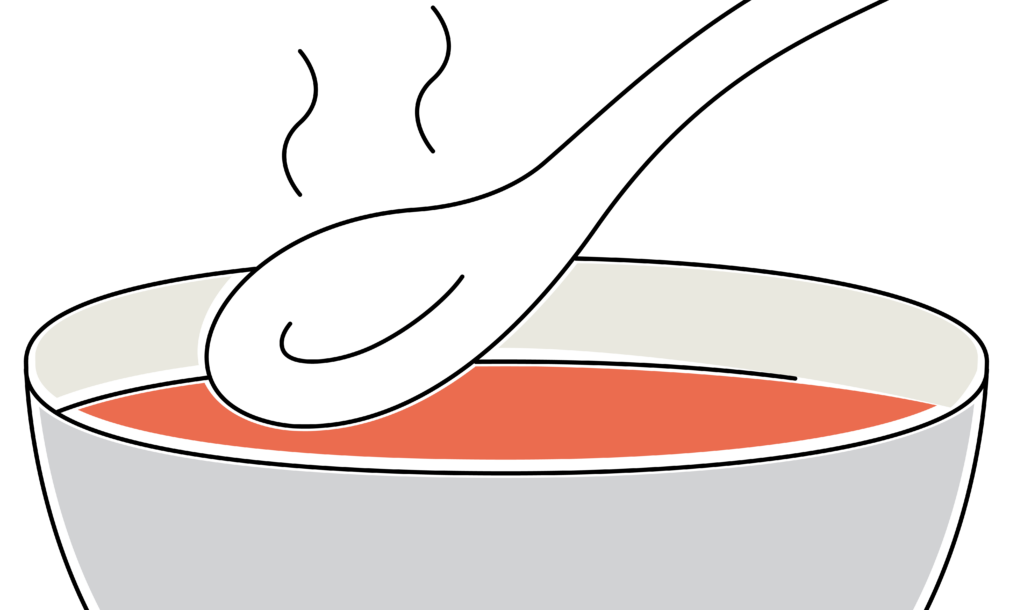
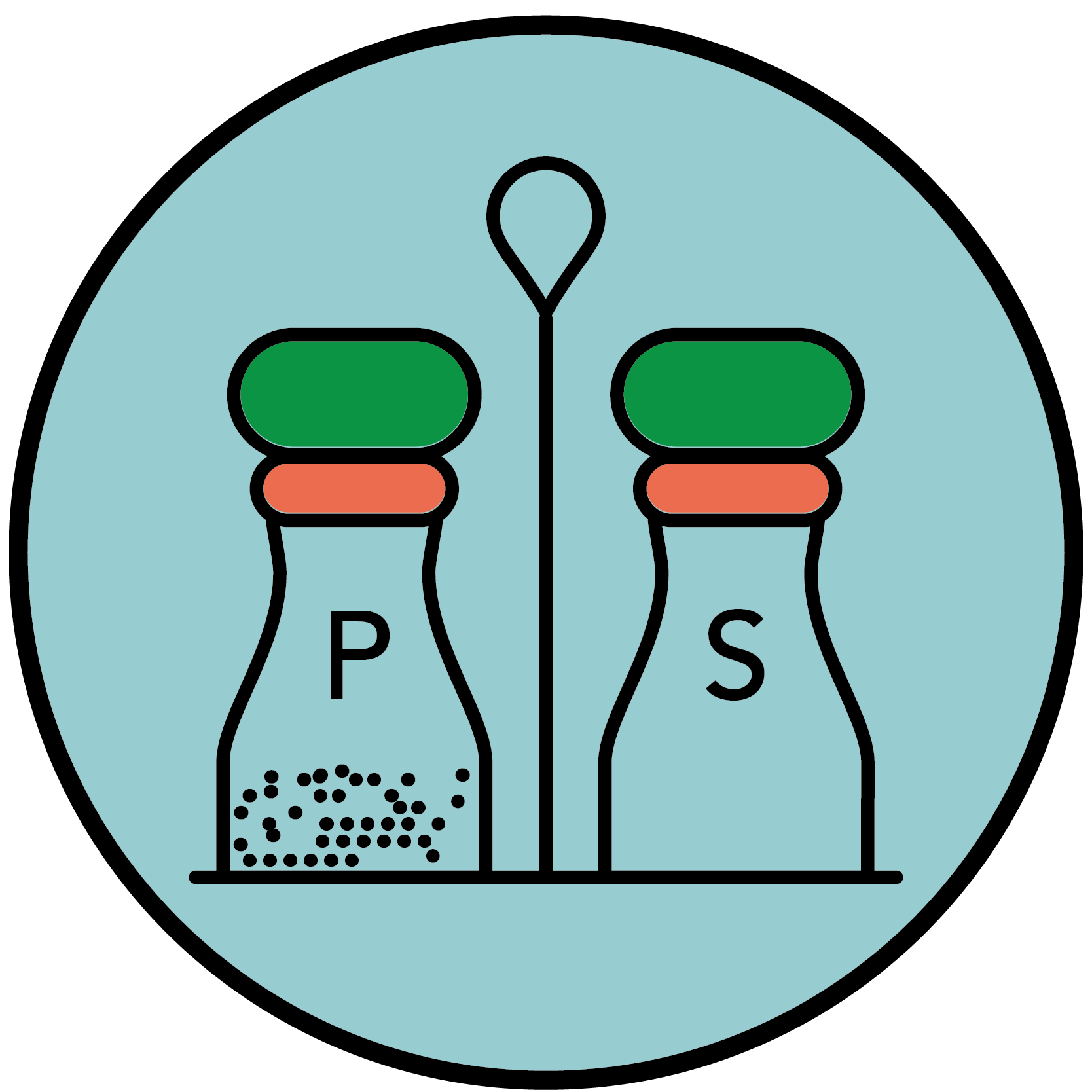
Knowing your audience
Understanding your ideal customer and what makes them tick.

Empathy
The right joke shows your buyer that you understand their world & challenges.

Creativity
B2B needs creativity. We'll get those frozen juices flowing, even after this workshop.
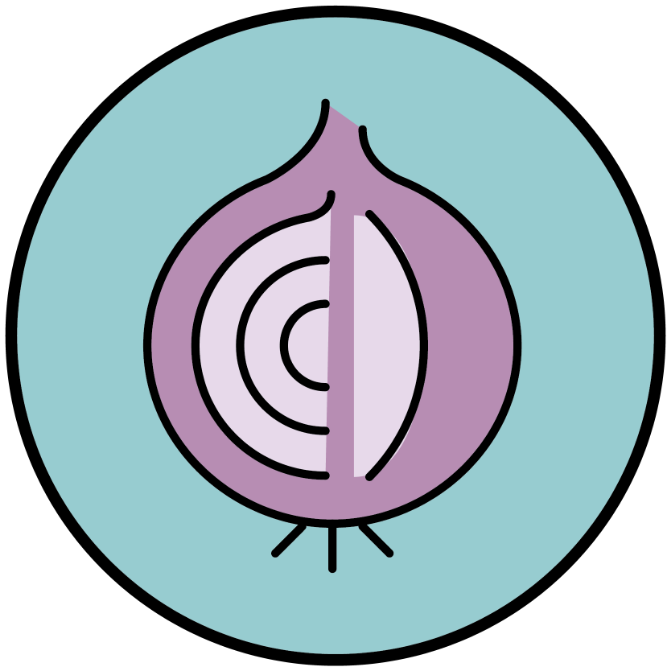
Brevity
Shortitude.

Why a problem sucks
We'll dig deep into the problems you solve for your buyers and their business & emotional impacts.
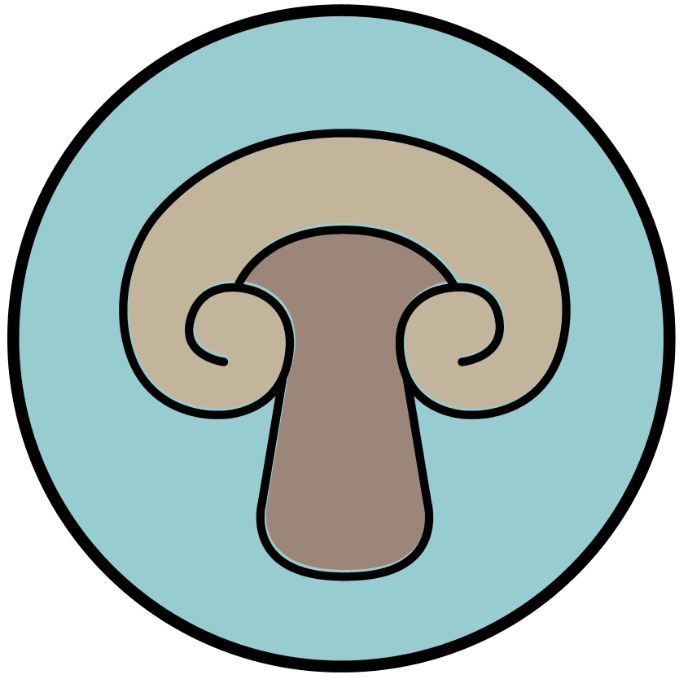
Delivery & timing
In comedy and sales, timing's everything. Practice finds the rhythm.

Logic
Good jokes paint pictures, tell stories, and get buyers saying "that's funny because it's true".

Simple language and phrasing
Buzzwords suck. Break free from the evil Buzz-Wordington and speak in simpler English.
18 Learnings, Takeaways, Skills
Stand-ups earn attention & trust from audiences by creatively shining a light on their day-to-day pains, truths, and absurdities, with laughter being an emotion reaction to them.
The process of crafting humor specifically around the problems you eliminate for prospects, reverse-engineers a deeper understanding of your target persona/avatar, how they're impacted by those problems, and leaves behind memorable messaging that shows prospects that you really get them.
01
A Deeper understanding of your target buyers' Objectives
Comedians can’t make audiences laugh if they don’t know what makes them tick. They need to figure out what commonalities unite them.
Your target personas comprise an audience and sellers/marketers can’t be relevant unless they understand shared commonalities.
Together, we’ll map out everything about you your targeted personas:
What matters to them, their objectives, and broad challenges, how all of the above impact their emotions – so we can better know which of their buttons to push.
02
A Deeper understanding of your target buyers' Emotions
Laughter’s an emotional reaction to to frustration, anxiety, and fear caused by pain.
To craft some humor, we’ll need to work through how problems you solve impact which emotions, and why.
03
Deeper insights into problems you solve
Can your team help your buyers understand why problems you solve are impacting them beyond costing them time & money or preventing them from making more money?
Salespeople in particular need to master the impacts, risks, and consequences of not solving problems, and be able articulate them in a granular – yet clear- fashion of how they impact your buyer’s objectives, their key stakeholders, and everyone’s emotions.
Together, team members will share and disseminate their collective insight
04
Context on "Noise"
It’s loud out there!
Your team will gain a new appreciation understanding of the obstacles associated with capturing your prospects’ attention.
05
An escape from buzzwords
This process will help your team escape the clutches of the evil “Buzz Wordington”, enabling them to be more human, fluid, and effective communicators.
06
A framework for creative messaging
If you can’t be funny – at least be different. Your team will get a step-by-step process on how to take an impactful point, smash it into bits, and mold it into something credible and memorable.
07
Jokewriting 101
Humor is formulaic.
We’ll break down the different types of jokes, how they work, share examples of how they can be applied to connect with your prospects, and how to build your own.
08
The psychology of funny
Different people laugh at different things for different reasons. We’ll break down why & what people laugh at, and why & how the right joke can grab attention, shows subject matter expertise, and builds likability and trust.
09
How to be tasteful
We’ll talk about “The line”. and reps will gain an understanding of professional limits, and what can and CANNOT be said to prospects.
10
A playbook of memorable messaging
A tasteful opener can be adapted for your particular go-to-market needs.
Your team (and possibly I) will craft a funnel of humor.
When it’s over, your team will receive a playbook for cold call scripts, cold email, social selling, demos, discovery calls and any other circumstance you see fit – based on 6 selected jokes.
11
email sequences
Crafting new, engaging email sequences that hook attention’s always a challenge.
Within the playbook will be a sequence of six emails – each built from selected jokes which came out of our efforts.
12
Content for social
Want memes for company socials?
Need content – including scripts for videos – for your team’s social selling efforts?
Humor hooks & delights and what follows educates and delights.
13
Peer learning & Team building
Participants share tribal knowledge and plug each other’s gaps and collaborate with colleagues from different teams to accomplish their objectives.
14
A creative experience
People love being creative, but often don’t have the opportunity. Your team will thank you for giving them a chance to stretch their creative muscles and being shown a process to unlocks it.
15
A confidence boost
16
Discomfort
Growth – and self-confidence can’t happen without some discomfort…
…and nothing’s more uncomfortable than trying to make your peers laugh with a scripted bit of humor.
They’ll get further away from their comfort zones via an “Open Mic” where failure’s part of the process.
All of the above is designed to prep them for having easier and better conversations.
17
Delivery
It’s not what you say, it’s how you say it.
Once a joke’s funny on-paper, it’s up to participants to “sell” the joke to their peers.
Reps will get some time to practice in their breakout group before delivering to their peers.
18
A unique facilitator
You’ll get comedic input and advisory services from a guy who’s too dysfunctional for your sales team and too functional for the world of comedy.
Use Cases
“Why do this?” you ask.
Five good reasons. Take your pick or more than one.
How this helps your team's:
Onboarding new reps and everboarding tenured ones
Consider: Most sales pros sell stuff they’ve never used, to people whose jobs they’ve never had, in industries they’ve never worked, making it hard to relate and earn trust.
Fun fact: The goal of a training and workshop isn’t to transform your reps into a pack of Seinfelds.
If they assemble a quality, impactful bit of humor that will help them stand-out with prospects – fantastic.
But the real value’s in the process they’ll undertake to assemble it.
The mission of crafting creative messaging that shines a light on pains your organization eliminates for prospects, forces team members to master everything around:
- Your audience (i.e. your “target persona” or “avatar”)
- The pains you eliminate for your target persona
- How those pains and the cost of in action impact your target persona and key stakeholders.
- How they prevent your target persona from meeting professional and organizational objectives.
- Which emotions are triggered by all of the above and why.
By the time team members complete the process, they’ll be able to better articulate what problems you solve for who – in simple English.
The comfort they’ll gain will give them receive a confidence boost enabling them to have easier, more meaningful conversations
TrustArc CRO Jason Wesbecher shares how CWFRT helped his new reps ramp quickly
Enablement
led to:
Reduced ramp time
TrustArc's CRO attests that after completing a workshop, TrustArc's new sales hires were able to express what problems they solved for who - in simple English - before they started on the job.
Team attained 103% of quota. The ASP on new business increased 92% in the quarter post-workshop.
How this helps your team's:
Pipeline generation efforts
Comedians (who aren’t household names) have a short window to make their audience laugh. If they can’t do it, audiences tune out.
Prospects are no different. They’re bombarded with cold outreach across multiple channels.
Most of it’s more templated than a CEO’s post-layoff apology – making it rough to start conversations.
Pipeline generation efforts need hooks that shine a light on the problems your organization can eliminate for your prospects.
Much like in comedy, the right opener in outbound prospecting & social selling earns attention, demonstrates credibility and builds trust – all in 5-10 seconds.
Icebreakers can come from my workshops or “Humor-as-a-Service”.
Let’s adapt & repurpose the best ones for use across multiple outbound and social channels and even coach your team on how to exploit them, so they can start more conversations with prospects…
…and less with your leadership.
The only thing colder than your outreach...
...is the shoulder prospects give it.
Memorable, relevant messaging
led to:
Revenue from cold email
TrustArc generated net new revenue using cold emails anchored by bespoke icebreakers.
How this helps your team's:
Content Creation
Need memes? Carousels? Short-form video? Linkedin hooks?
Your team’s – or my – creative output can be adapted to any or all of the above – and so many other types of content (including video).
Icebreakers can come from my workshops or “Humor-as-a-Service”.

Memorable, relevant messaging
led to:
Personal branding
Jon crafted icebreakers specifically to help Broadcom product evangelist Jeremy Rossbach raise his profile in the Network Operations Management community.
He saw a 20% uptick in followers from humor being converted to posts injecting it into presentations and conferences, and in podcast guest appearances.
How this helps your team's:
Trade show exhibit engagement
When prospects approach the trade show exhibit of a company they’ve never heard of, your staff has mere seconds to educate visitors as to their company’s “why”.
Yet many hope and pray that their bland, buzzword-laden pitches tell the story – which they can’t.
Companies often invest in:
- The trade show booth
- The booth display
- Printed collateral
- A giveaway prize
- Transport feels for all of the above
- Flying, housing, and feeding staff…
The right opener helps booth staff engage, stand-out, be relevant, break the ice, and have easier, more meaningful conversations.
Powerchord is a SMB SaaS company, who generated $100K in net new revenue (in only 2 months) from convos started at trade shows using funny, hyper-relevant icebreakers I crafted for them (and another $60K using humor in cold outreach). Watch CRO John Crosby’s testimonial.
Powerchord CRO John Crosby's team attributes success from trade shows to "Humor-as-a-Service"
Memorable, relevant messaging
led to:
Trade show engagement
Powerchord generated $160K in net new revenue from convos started at trade shows using funny, hyper-relevant icebreakers I crafted for them - in just 2 months.
How this helps your team's:
Team building & boring onsites
Bringing team members together for an onsite (or virtual) meeting and not having them:
- Share tribal knowledge with each other
- Get creative
- Align with one another
- Learn new skills
- Get out of their comfort zone
- Laugh
- Have some fun…
…is a missed opportunity.
Learning & development happen when it’s experiential and fun.
Combine an entertaining, insightful, user-friendly keynote from a guy who’s met quotas of sales and laughs…
…with a team-building workshop that gets your team sharing tribal knowledge, and learning a creative, practical approach to engaging prospects.
Add in some post-onsite coaching hours to help reps deploy their learnings for maximum impact.
Scenes from an onsite workshop:
Ask about virtual or hybrid workshops.
How this helps your team's:
Sales & Marketing Alignment
“This call/email/Linkedin connection request’s colder than the relationship between sales and marketing”
That joke crushes when I use it to prospect sales and marketing leaders because it highlights the silos that the work in.
The two need to work in tandem to grow revenue, but often operate like competing interests.
My workshops force sellers and marketers to join forces and get on the same page through tribal knowledge sharing & collaborating on a creative process.
Neo4j sales leader Rick van Bruggen:
About Jon Selig
“My 12 years in stand-up was a well-paid internship for my career in stand-up comedy.”
Jon received his BComm & MBA, and spent time in business process consulting, followed by a 12 year career selling ERP, business intelligence, and professional services (for both Oracle & an Oracle partner – he still can’t tell you what a database is).
In 2011, his career took a sharp left-turn and he started performing stand-up comedy in hopes of fulfilling his lifelong dream – of never selling technology again.
Jon found the parallels between sales and stand-up to be so striking, he felt sellers could benefit from the skills, methods, and processes that both practitioners share.
After years of performing at clubs, festivals, and forecast meetings, he created Comedy Writing for Revenue Team.
To date, he’s spoken to and worked with teams at Broadcom, TrustArc, PowerChord, Canon USA, Citrix, Zoho, Philips Healthcare, InfoBlox, Microsoft Canada, Fleetcor Technologies, and more.


